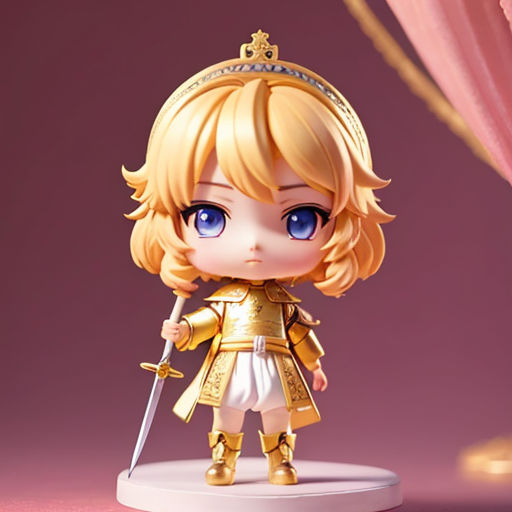
The Brave Prince
By Meditate with Abhi

02 Jul, 2023

Once upon a time, in the ancient land of India, there lived a wise king named Dhritarashtra. He had a hundred sons known as the Kauravas. Dhritarashtra's younger brother Pandu had five sons known as the Pandavas. The Kauravas were jealous of the Pandavas because they were more skilled and virtuous. Thus, the stage was set for a great epic called the Mahabharata, which holds within it many valuable lessons for children and adults alike.
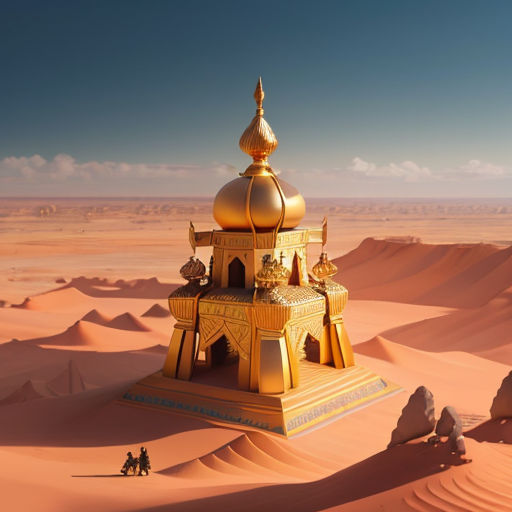
Among the Pandavas, there was one named Yudhishthira, who was known for his righteous nature and his love for justice. The Kauravas, on the other hand, were led by their eldest brother, Duryodhana, who was filled with envy and greed. As the years went by, the rivalry between the two families grew stronger, and it was clear that a great war was imminent.
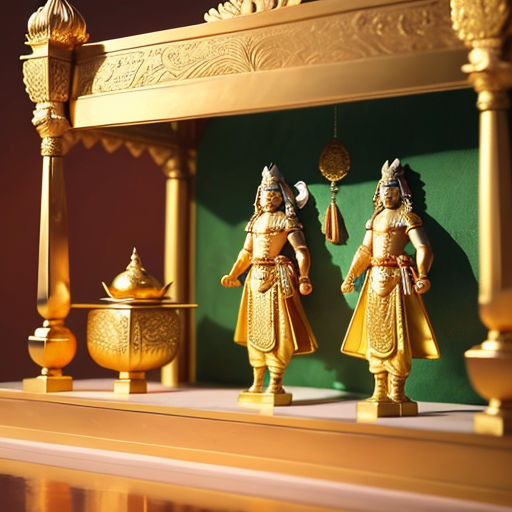
To try and settle the dispute peacefully, Lord Krishna, the divine incarnation, attempted to mediate between the two sides. He proposed a fair division of the kingdom, offering the Kauravas one half and the Pandavas the other. However, Duryodhana's pride and desire for power blinded him to reason, and he refused the offer.
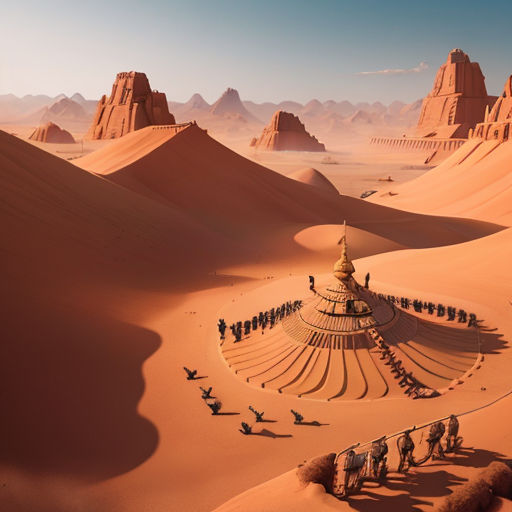
The war finally began, and it lasted for eighteen long days, with countless warriors fighting on both sides. The Pandavas and Kauravas fought fiercely, displaying extraordinary valor and skill. Throughout the Mahabharata, the characters faced numerous challenges, made difficult choices, and grappled with the consequences of their actions.
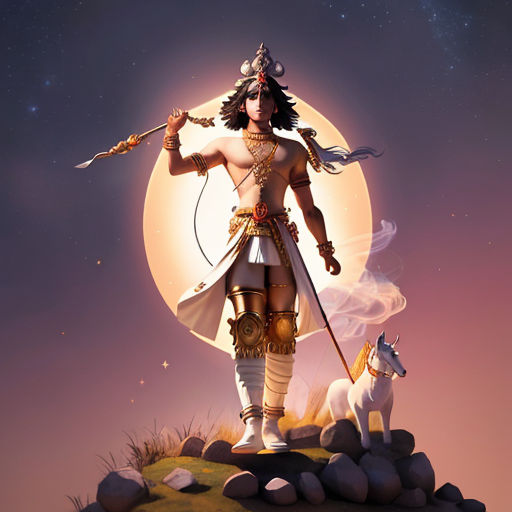
One of the central characters in the Mahabharata was Arjuna, the third Pandava brother who was a highly skilled archer. Before the war began, Arjuna found himself filled with doubt and compassion for his relatives who were fighting against him. In his moment of despair, Lord Krishna revealed his divine form and imparted wisdom to Arjuna, teaching him about duty and the true nature of life.

At the heart of the Mahabharata lies the principle of dharma, which means righteousness. The epic explores the complexities of human nature and the struggles individuals face in upholding their moral obligations. It teaches us that true victory lies in doing what is right, even in the face of adversity and temptation. Throughout the story, characters learn the importance of selflessness, forgiveness, and compassion.
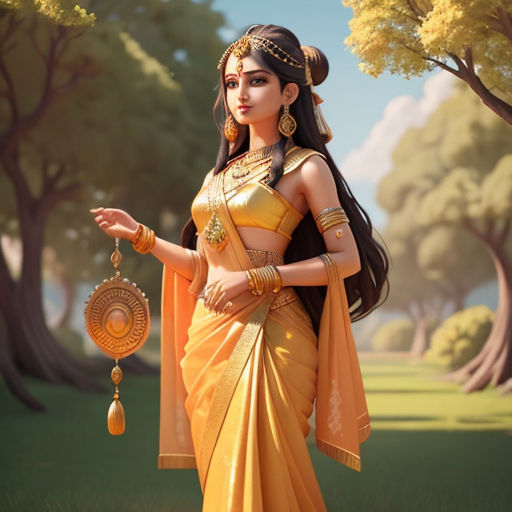
The Mahabharata is also filled with powerful female characters who demonstrate strength, intelligence, and resilience. Draupadi, the wife of the Pandavas, is a shining example of a woman who faces injustice with dignity. Her courage and unwavering faith in righteousness inspire generations to come. The epic promotes gender equality and highlights the vital role women play in shaping the world.
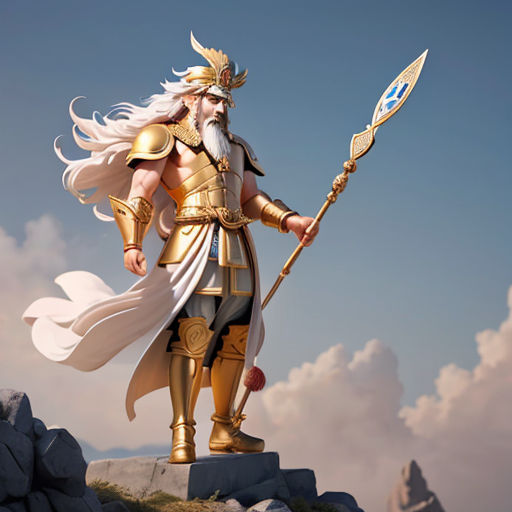
As the war raged on, the magnanimity and wisdom of Bhishma, the eldest warrior on the Kaurava side, became evident. Despite fighting against the Pandavas, Bhishma never lost sight of his duty and righteous path. His character teaches us the importance of loyalty and honor, even in difficult circumstances. Bhishma's words and actions leave a lasting impact on the readers.
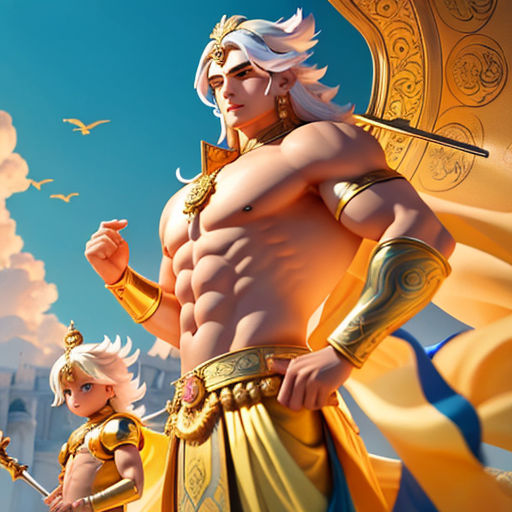
Alongside the great warriors, the Mahabharata also explores the complex dynamics between siblings, cousins, and friends. The bond between the Pandavas is unbreakable, and it is through their unity and unwavering support for each other that they are able to triumph against all odds. The epic emphasizes the value of strong relationships and the strength that comes from standing together.
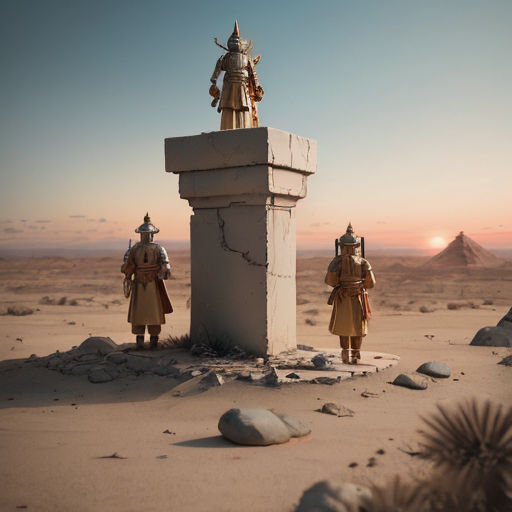
As the war neared its end, both sides suffered heavy losses, and the consequences of their actions became apparent. In the end, it was the Pandavas who emerged as the victors, but the cost they paid for the victory was tremendous. The Mahabharata teaches us that violence and war bring about destruction, and the path of peace and righteousness is always the better choice.
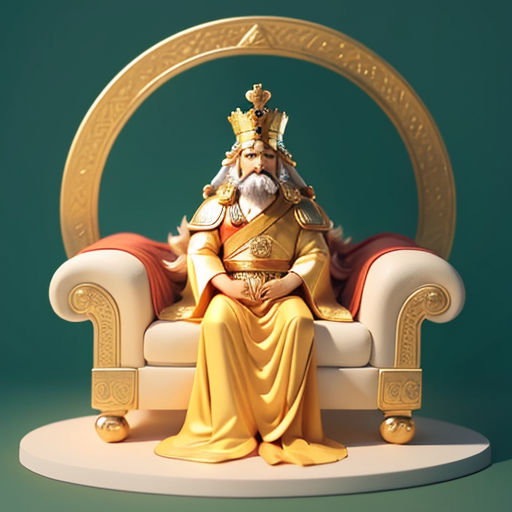
After the war, Yudhishthira was crowned as the king, and his reign was marked by justice, compassion, and prosperity. He learned from the mistakes made during the war and vowed to rule with wisdom and fairness. The Mahabharata reminds us of the importance of good governance and the responsibility of leaders to prioritize the welfare of their people.

The Mahabharata is not simply a tale of war and conflict; it is a timeless epic that imparts invaluable wisdom to its readers. It teaches us about the intricacies of human nature, the consequences of our choices, and the power of righteousness. Through its captivating characters and profound teachings, the Mahabharata continues to inspire and guide people of all ages even today.